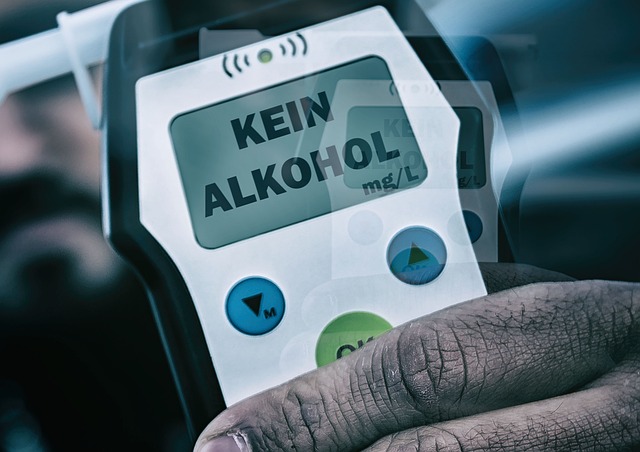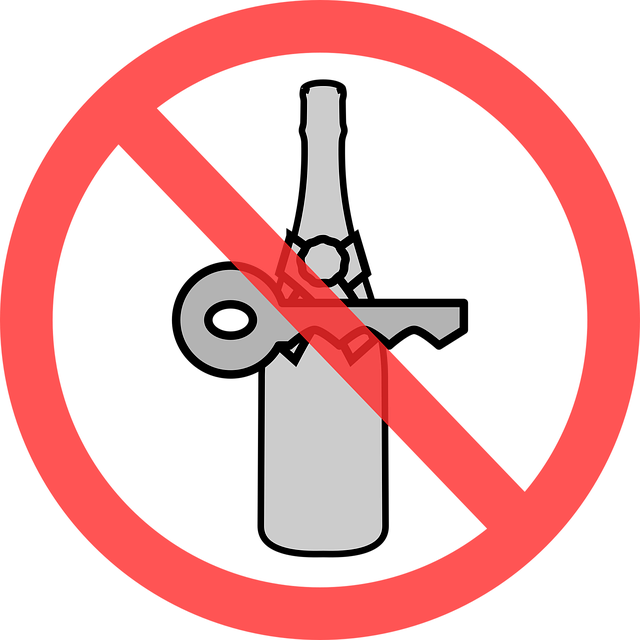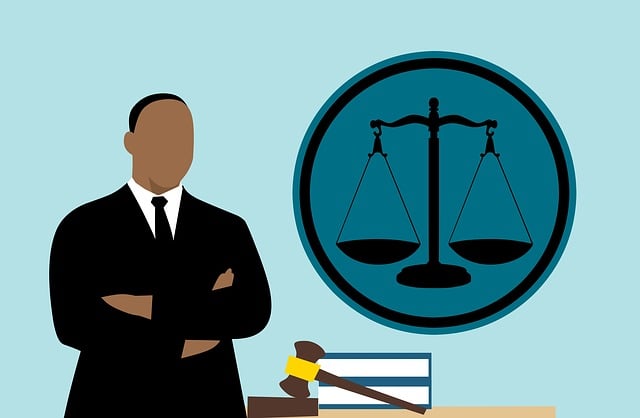Mental Health and Impaired Driving are closely linked, posing significant risks to road safety. Stigma surrounding mental health prevents workers from seeking help, leading to undiagnosed issues. Clearing records offers a chance for rehabilitation, removing legal barriers, and empowering individuals to rebuild their lives. It facilitates reintegration into the workforce and accessing employment opportunities, crucial for recovery and well-being.
In today’s digital age, a single mistake can cast a long shadow on an individual’s future, especially when it comes to employment. This article delves into the profound impact of impaired driving and mental health issues on career prospects. We explore the stigma surrounding these issues in the workplace and present ‘clearing records’ as a potential pathway to second chances. Additionally, we dissect the legal rights of offenders and discuss strategies to support rehabilitation and foster resilient employment opportunities.
- Understanding Impaired Driving and Its Consequences
- The Stigma of Mental Health in Employment
- Clearing Records: A Path to Second Chances
- Legal Aspects and Rights for Offenders
- Supporting Rehabilitation and Resilient Employment
Understanding Impaired Driving and Its Consequences

Impaired driving, a reckless act that compromises safety on the roads, has profound impacts extending beyond immediate accidents. It’s crucial to understand that this behavior is often intertwined with underlying issues like Mental Health and Impaired Driving. Individuals struggling with mental health challenges, such as depression, anxiety, or substance use disorders, may engage in impaired driving due to a combination of factors including poor judgment, distorted perception, and impaired cognitive functions.
Consequences of impaired driving are severe and far-reaching. They can lead to serious injuries or fatalities for the driver, passengers, and other road users. Legal penalties, including fines, license suspension, or even imprisonment, further exacerbate the effects on individuals’ lives. Moreover, the social and economic repercussions are significant, impacting families, communities, and employment opportunities. Clearing records in such cases becomes a critical step towards rehabilitation and reintegrating individuals into society, especially when addressing the co-occurrence of Mental Health and Impaired Driving.
The Stigma of Mental Health in Employment

The stigma surrounding mental health in the workplace remains a significant barrier for many individuals, especially those with conditions that have been historically misunderstood, such as impaired driving. Despite increasing awareness and legal protections, employees often fear judgment or discrimination when disclosing their struggles. This internalized shame can lead to prolonged periods of undiagnosed and untreated mental health issues, negatively impacting both personal well-being and professional performance.
In the context of employment, addressing mental health challenges openly requires a culture shift where employers actively promote understanding and empathy. By fostering an environment free from stigma, organizations can encourage employees to seek support without fear of repercussions. This not only benefits individuals struggling with mental health but also contributes to a more productive and engaged workforce as a whole.
Clearing Records: A Path to Second Chances

Clearing records, a process that involves expunging or sealing past criminal offenses from an individual’s official files, offers a transformative opportunity for those seeking second chances. This is particularly significant in the context of mental health and impaired driving. Many individuals struggling with mental well-being or substance abuse issues may have made poor decisions under challenging circumstances, leading to convictions that no longer reflect their current state. By clearing these records, they can break free from the stigma and legal barriers associated with their past, allowing them to reintegrate into society and access employment opportunities without discrimination.
This process enables people to move forward, rebuild their lives, and contribute positively to their communities. It sends a powerful message of redemption and second chances, fostering a supportive environment for individuals working towards recovery from mental health challenges or substance abuse. Clearing records is not just about legal paperwork; it’s about empowering individuals to leave their past behind and embrace a brighter future, free from the constraints imposed by their impaired driving convictions.
Legal Aspects and Rights for Offenders

For offenders, navigating the employment landscape after a conviction can be challenging, but it’s crucial to understand their legal rights and options for clearing records. In many jurisdictions, individuals with a criminal history face barriers when seeking employment, especially in sectors that involve high-risk activities like impaired driving or those requiring extensive background checks due to mental health considerations.
However, laws have evolved to protect the rights of offenders, ensuring they aren’t unfairly excluded from job opportunities. Various legal avenues exist for expunging or sealing records related to Mental Health and Impaired Driving charges, providing a chance for a fresh start. Understanding these rights is essential for offenders looking to reintegrate into the workforce and access support services that can aid in their rehabilitation and successful transition back into society.
Supporting Rehabilitation and Resilient Employment

Clearing records for impaired driving is a significant step towards supporting individuals in their journey towards rehabilitation and resilient employment. This process offers a chance to leave past mistakes behind and create a fresh start, which is crucial for those struggling with mental health issues. Many people with mental health challenges have the potential to return to the workforce and lead fulfilling lives. By clearing their driving records, they can regain access to transportation, opening up new opportunities for employment and independence.
Employment plays a vital role in fostering resilience and promoting recovery from mental health conditions. Having a job provides structure, purpose, and a sense of community, all of which are essential elements for maintaining well-being. Clearing records helps remove barriers to employment, allowing individuals to focus on their skills and abilities while receiving support through employer-provided resources or specialized programs tailored to address any challenges resulting from impaired driving or mental health concerns.
Impaired driving and mental health issues can significantly impact an individual’s employment prospects, but there is a path to redemption and second chances. By understanding the consequences of these actions and addressing the stigma surrounding mental health, we can facilitate rehabilitation and resilient reintegration into the workforce. Clearing records through legal processes empowers individuals to leave their past behind and build a brighter future. It is essential to support those facing these challenges with access to resources and understanding, ensuring they are not forever stigmatized but instead given opportunities for growth and meaningful employment.






